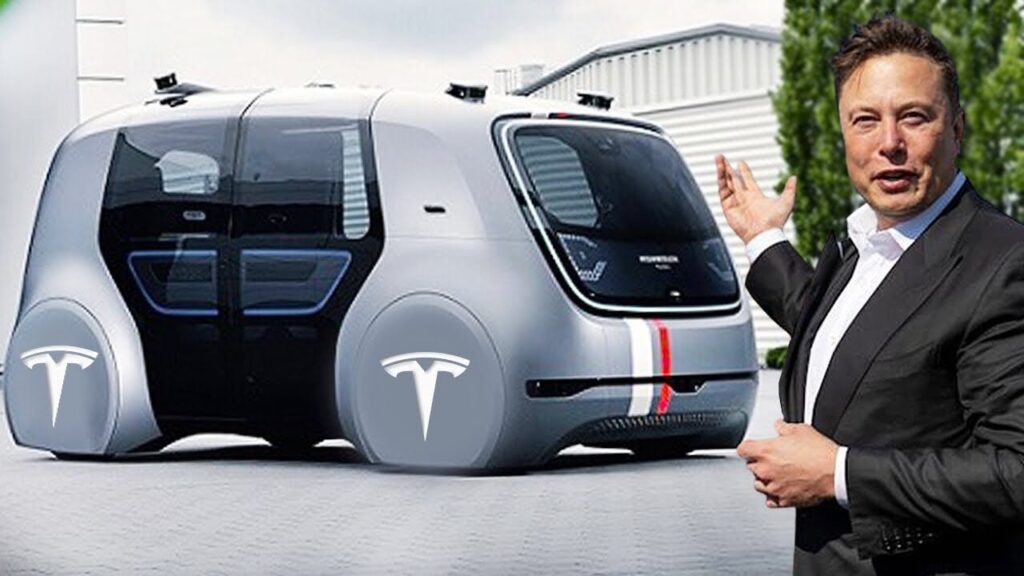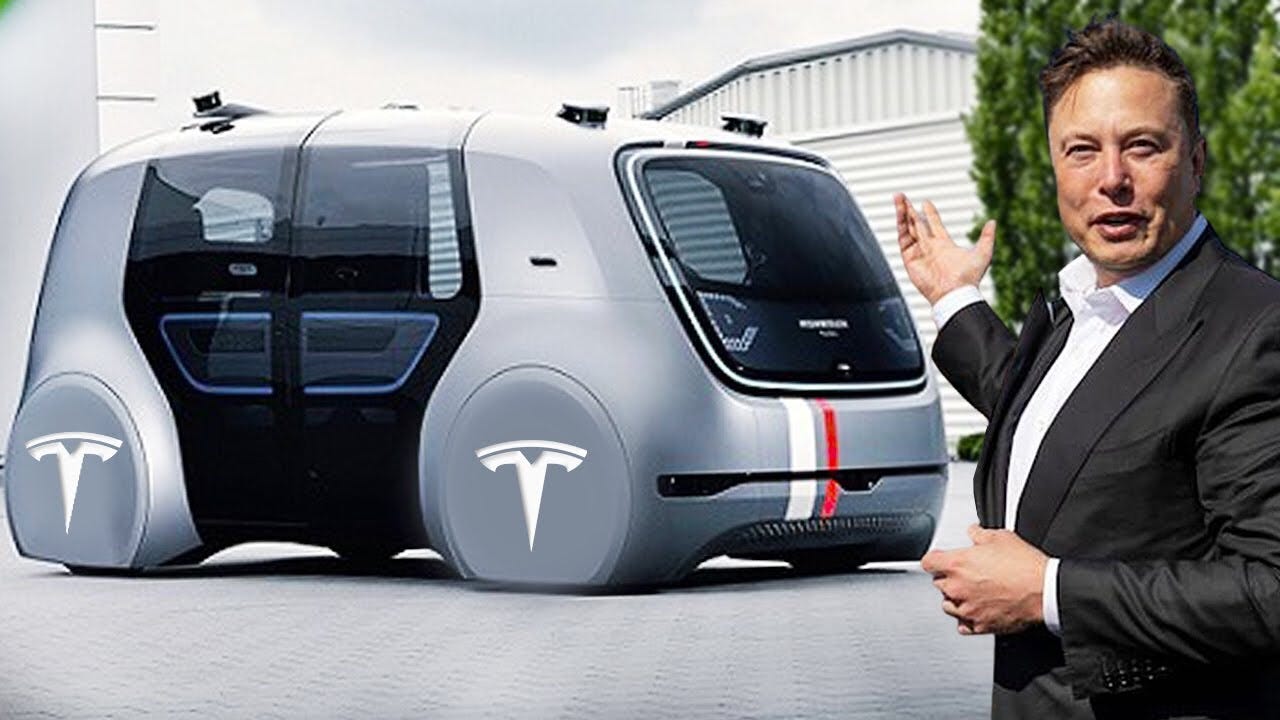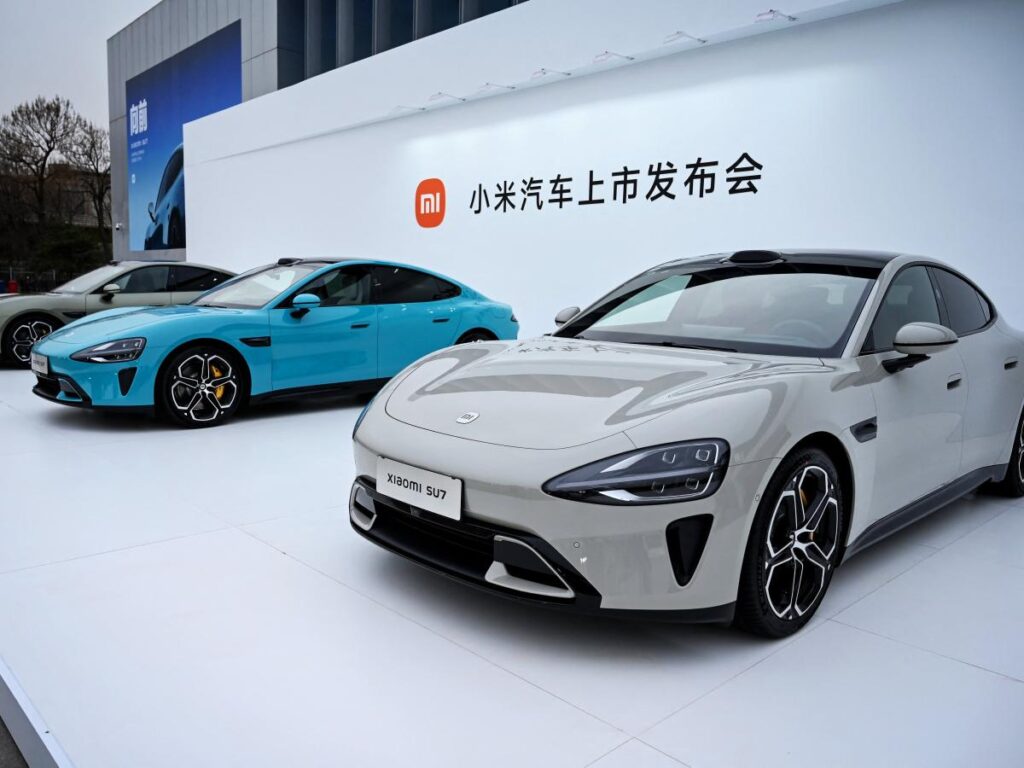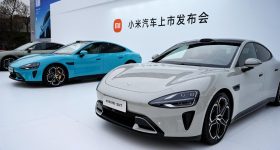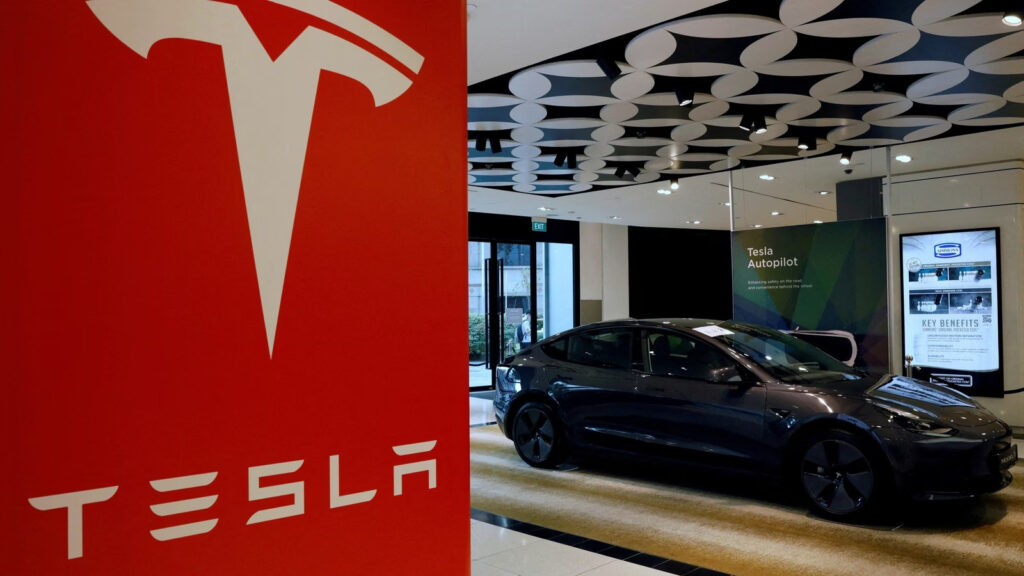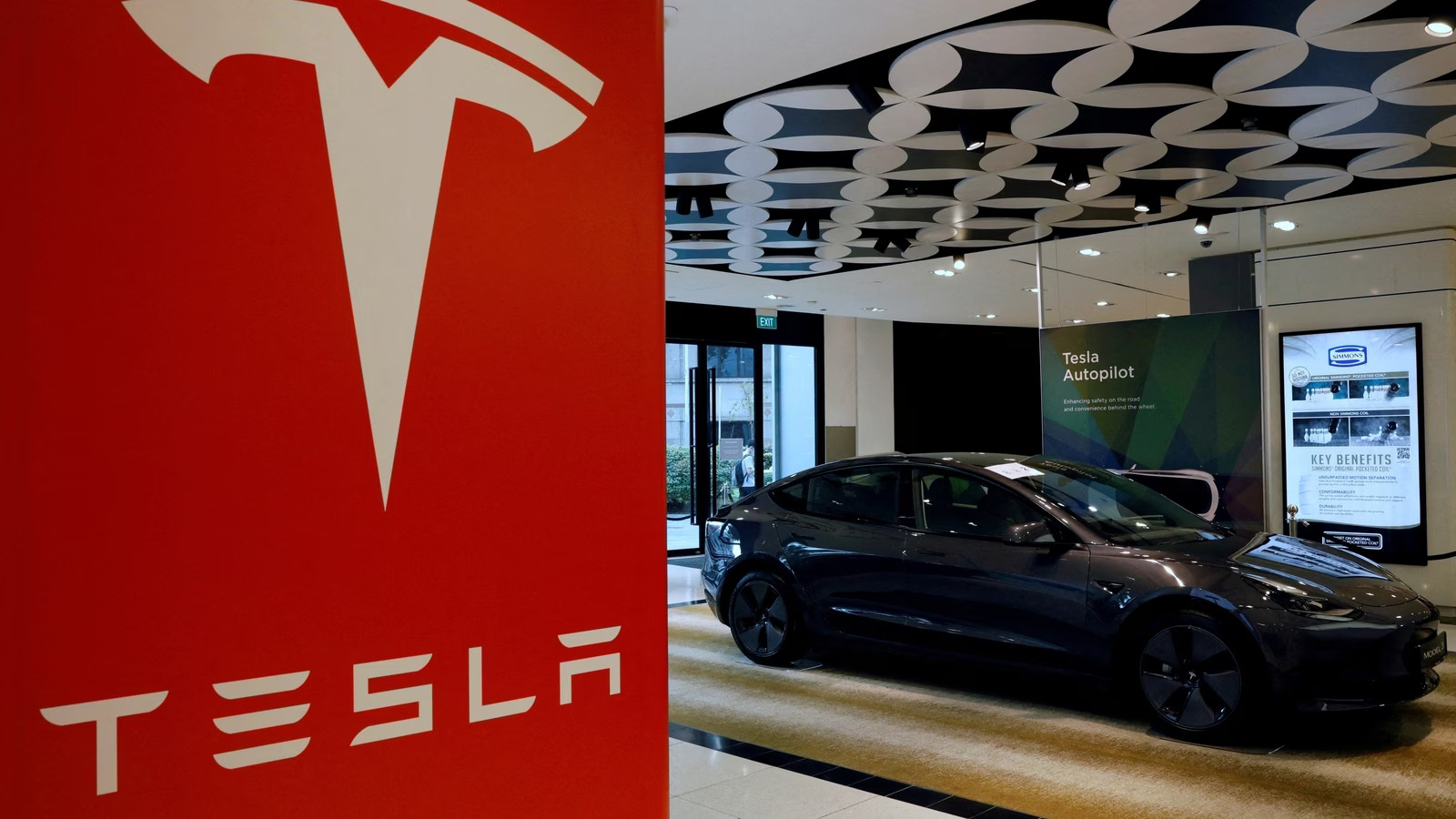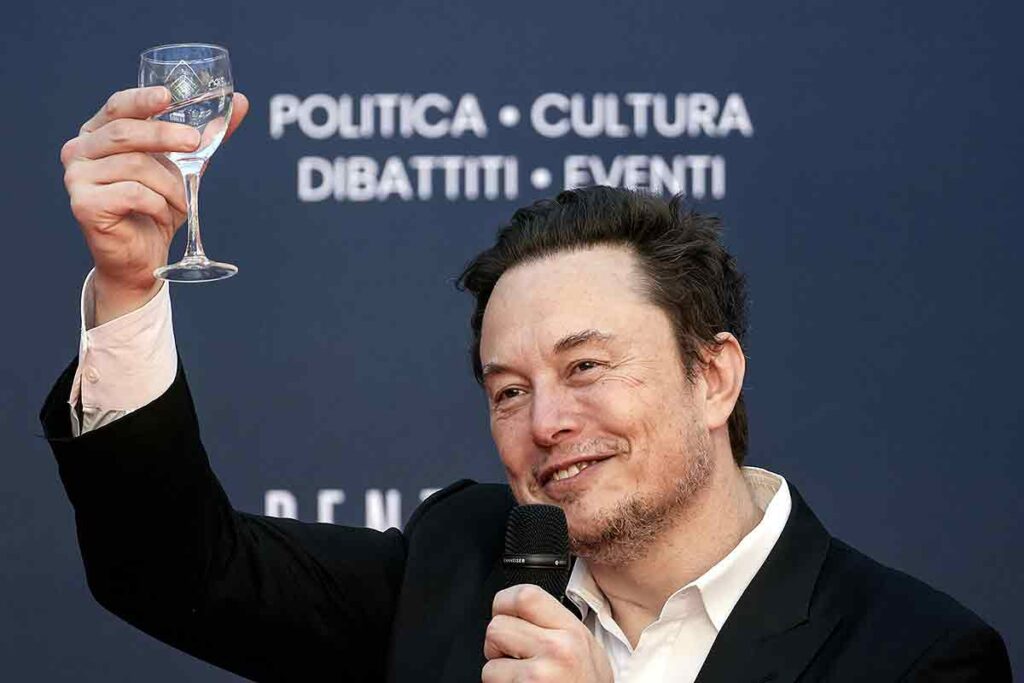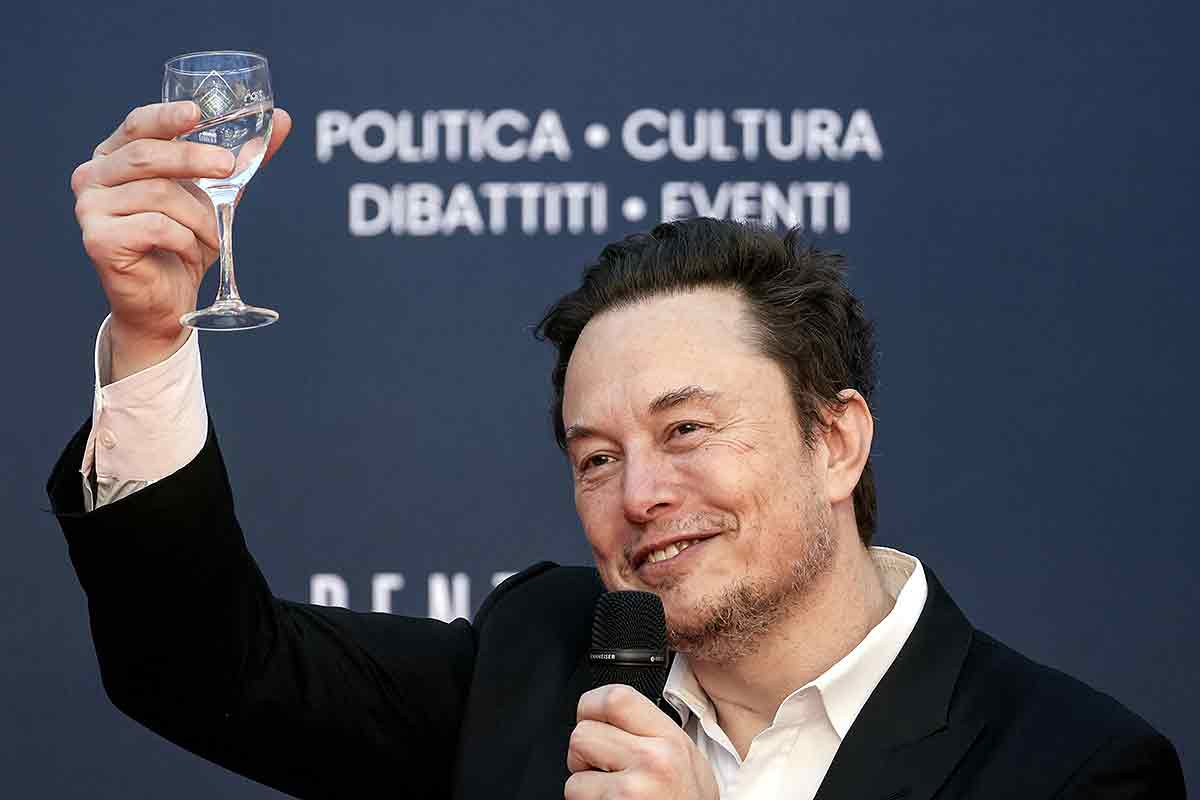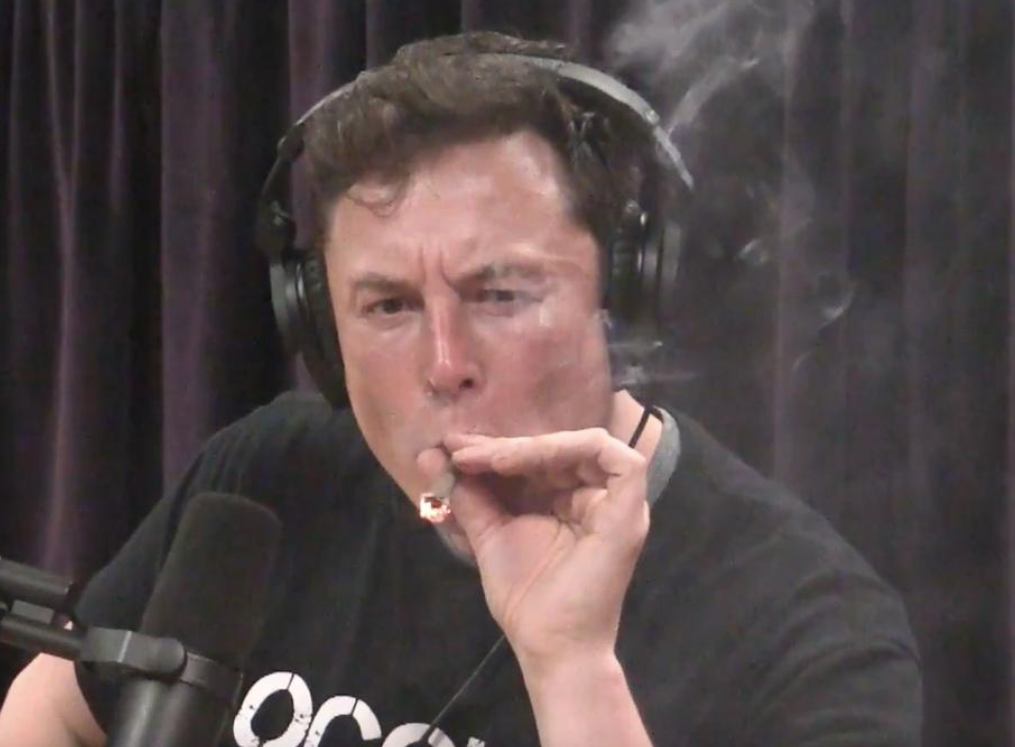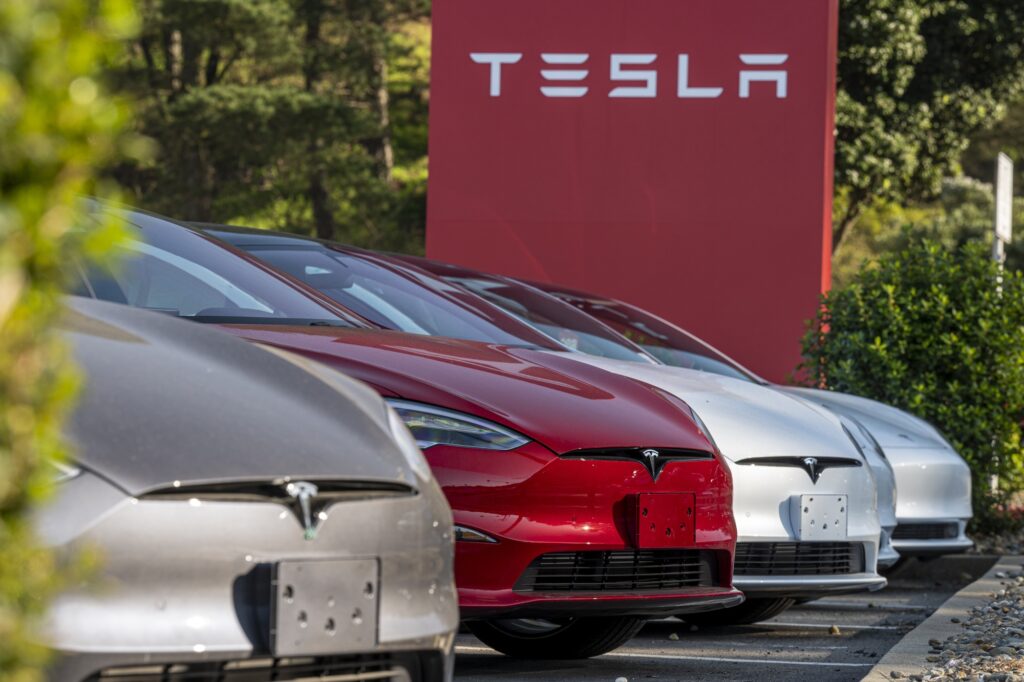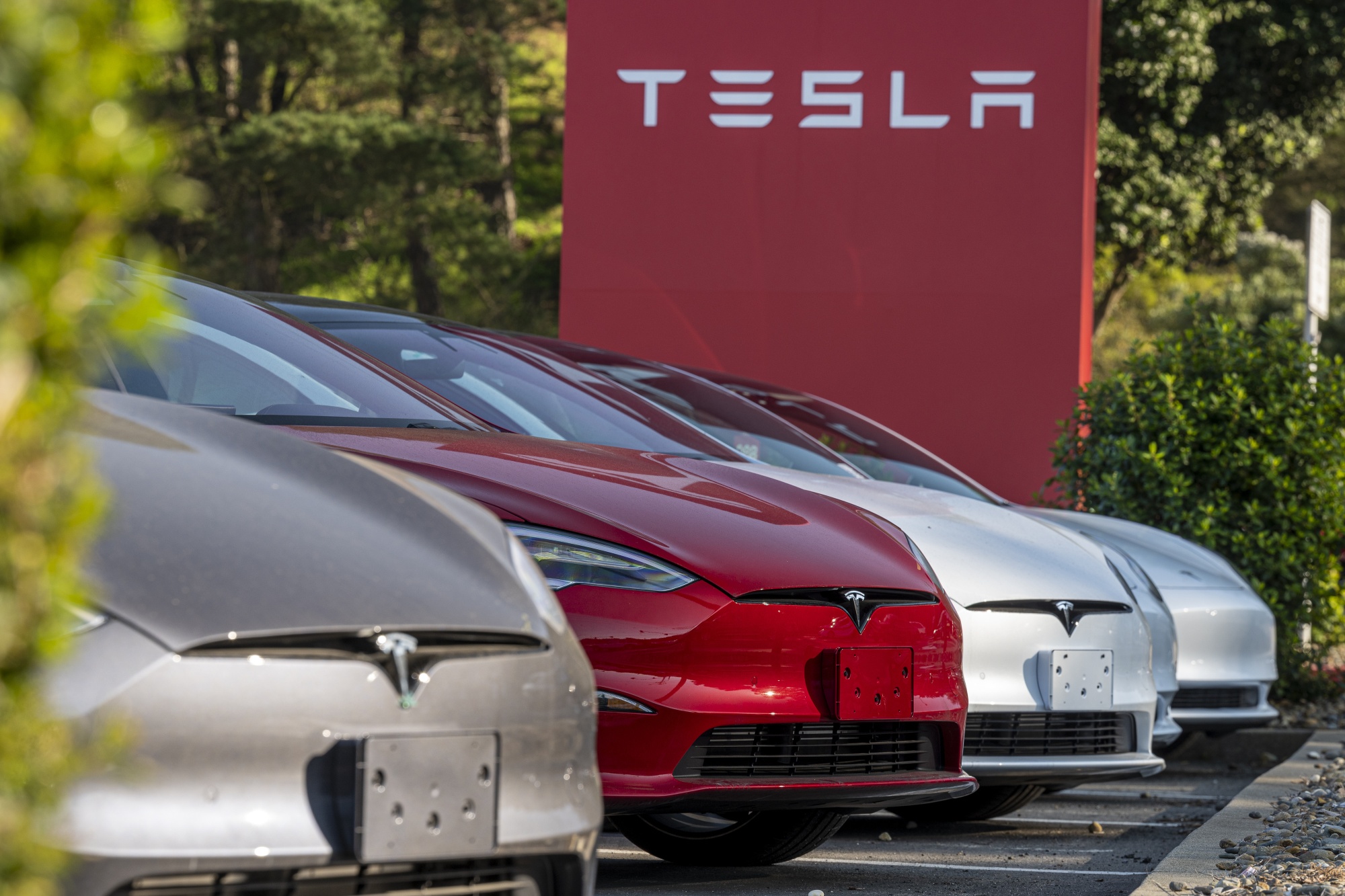Tesla
Xiaomi Shifts Focus from Apple to Tesla in the EV Market with 120,000 Orders in 36 Hours

I am a student pursuing my bachelor’s in information technology. I have a interest in writing so, I am working a freelance content writer because I enjoy writing. I also write poetries. I believe in the quote by anne frank “paper has more patience than person
Tesla CEO Elon Musk Supports the use of Ketamine Beneficial for Investors

I am a law graduate from NLU Lucknow. I have a flair for creative writing and hence in my free time work as a freelance content writer.
Elon Musk’s Controversial Drug Habits Are a Growing Concern for Tesla’s Board

I am a law graduate from NLU Lucknow. I have a flair for creative writing and hence in my free time work as a freelance content writer.
Tesla Recalls 2 Million Cars to Address Autopilot Safety

I am a law graduate from NLU Lucknow. I have a flair for creative writing and hence in my free time work as a freelance content writer.
